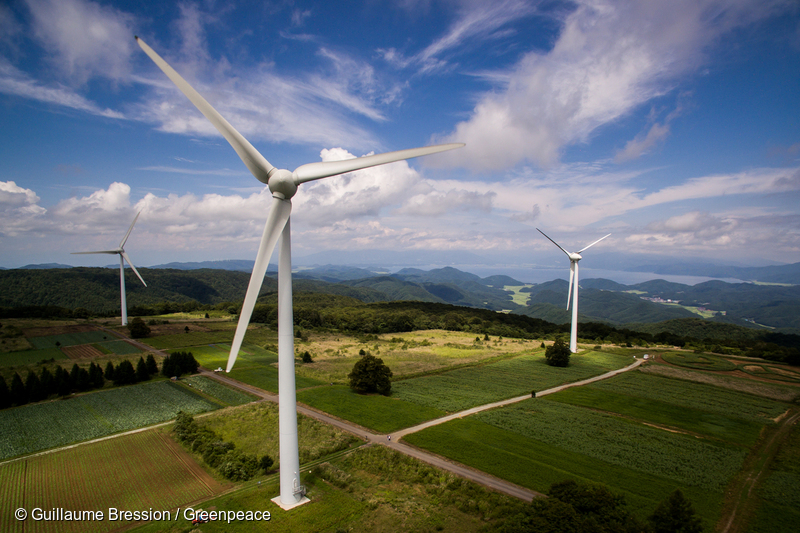
Tokyo, September 3 – Today Minister of the Environment Shinjiro Koizumi will chair “Platform for Redesign 2020”, a meeting of ministers and representatives from around the world including young people, citizens, industry and local governments to share knowledge and actions taken to tackle the response to climate change and the Covid-19 pandemic (1).
The meeting is a part of Minister Koizumi’s push for an economic response to the Covid-19 crisis that tries to place decarbonization, circular and decentralized at the forefront of governmental response (2). So far, what was described by outgoing Prime Minister Shinzo Abe as the “biggest-ever stimulus to battle [the] virus (3)” has not led to actual Covid-19 recovery policy announcements designed to build Japan back better.
Japan has provided a staggering over 230 trillion yen ($2.2 trillion) stimulus package that reaches approximately 40% of GDP to provide economic stimuli to a sputtering economy including individual cash payouts (4). Green Recovery and commitments to “build back better” have been announced globally ranging from the EU, South Korea, and New Zealand. Such policies have included: EU’s Europe’s moment: Repair and Prepare for the Next Generation totalling 750 billion EUR (5), which provided financial support for items such as clean energy, sustainable agriculture and electric transportation; New Zealand’s New Coronavirus Reconstruction Budget focusing on the creation of green jobs, climate resilience and flood control, conversion to renewable energy, and railway and ferry development (6).
Japan is the only G7 country still actively building coal fired power plants and its coal based electricity boomed in the wake of the Fukushima disaster in 2011. This bucked the trend of industrialised democracies phasing out coal for environmental reasons instead, increasingly using renewable energy technologies.
In a letter addressed to Minister Koizumi, Executive Director of Greenpeace International Jennifer Morgan said:
“Globally, renewable energy has become a mainstream source of electricity generation and appetite for nuclear and coal power generation has plummeted. Fossil fuel-driven businesses are still exploiting Japan for their benefit instead of pursuing Japan’s true well-being and sustainable future.
The recovery cannot be used for locking in fossil fuels with coal and gas subsidies and investments – as happened after the Fukushima nuclear disaster of 2011.
Strong leadership and good policies are required to ‘build back better.’ Governmental support for businesses in this crisis must come with green conditions, and public funds in economic stimulus packages must support green technologies, goods, and services of the future. The cost of postponed or deprioritized green investment will lead to missing out on future business opportunities for companies and failing to create sustainable and quality jobs for the people of Japan.”
ENDS
(1) https://platform2020redesign.org/
(2) https://ec.europa.eu/clima/sites/clima/files/news/20200707_japan_en.pdf
(5) https://eur-lex.europa.eu/legal-content/EN/TXT/PDF/?uri=CELEX:52020DC0456&from=EN
(6) https://treasury.govt.nz/publications/budgets/budget-2020
